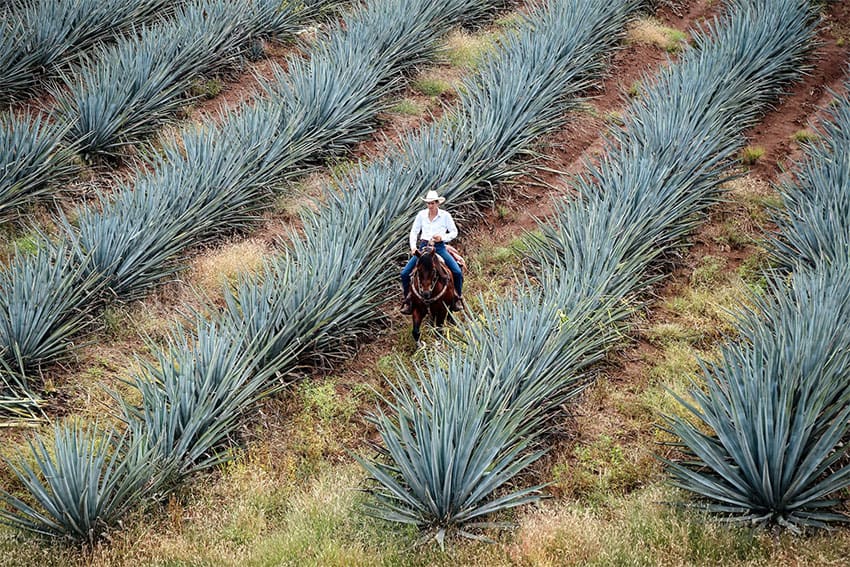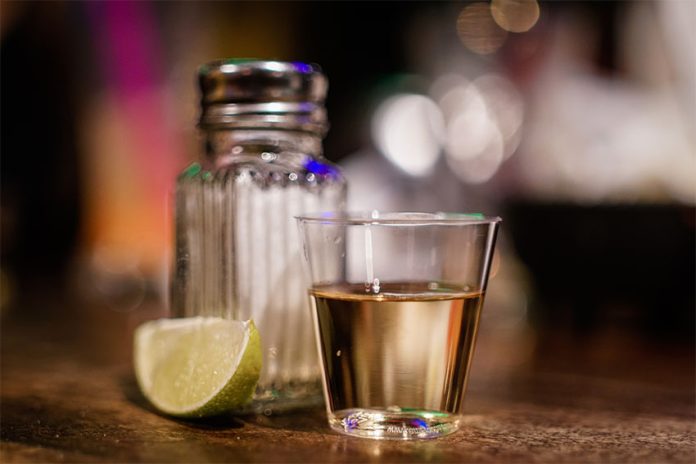Mexican tequila exports reached record-breaking levels this year, according to data from the Ministry of Economy and the Agricultural Markets Consulting Group (GCMA).
Sales have been steadily growing over the last decade, from US $849 million in 2012 to over $3.6 billion between January and October this year, a 34.1% increase over the same period in 2021.
While beer remains Mexico’s main global export, with more than US $5 billion of the product exported between January and October of this year, tequila exports are growing at a faster rate. Beer exports during the same period grew at a rate of 8.9% year-over-year.

Diageo, the top international spirits brand and the producer of Don Julio tequila, noted that tequila is one of the fastest growing spirits categories. Alcoholic beverages as a whole have seen record growth over the last decade, in both developed and emerging markets. This is fueled by population growth, greater penetration of spirits and increased demand for premium products.
The industry is only expected to grow in the following years, with 600 million likely new customers by 2032 due to continued increases in “middle and upper class income.” Moreover, spirits penetration remains relatively low, providing opportunity for further growth. In the U.S., Diageo’s largest market, only about 50% of households purchase spirits each year.
The increase in sales is tied to the broader trend of “premiumization,” and it is expected that sales of higher-priced bottles will grow at twice the rate the entire international spirits category did between 2016 and 2021, based on Diageo’s projections.
Diageo has the largest premium market among international spirits brands. Its “superpremium plus” portfolio, which encompasses its luxury brands, grew by 31% in the last year.
Despite potential short-term setbacks due to the global economic downturn, Diageo predicts that its premium market will continue its record of steady growth. Still, the tequila market is volatile, as agave supply is dependent on a number of small producers with limited capacity to produce enough raw materials to meet rising demand. Tequila is produced only from agave plants grown in Jalisco and parts of four other states. The plants require six or more years to reach maturity and be ready for harvest.
With reports from El Economista and El Informador
